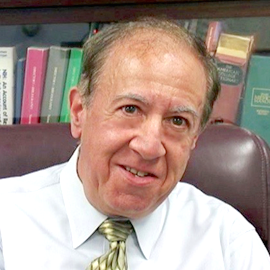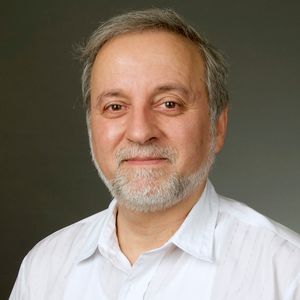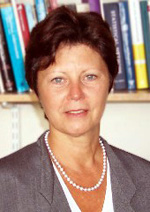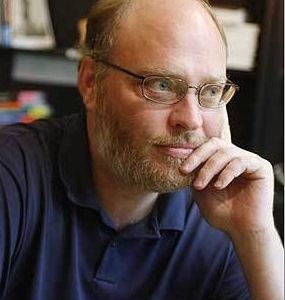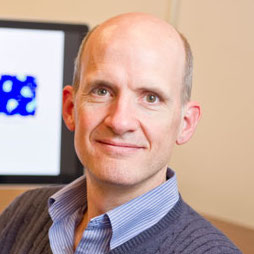Computational Modeling and Data Sciences distill and transform overwhelming amounts of information into knowledge that can improve human health and society.
Groundbreaking technological advances in recent decades have enabled unprecedented access to biological systems at multiple length and time scales, resulting in an explosion of data. This information holds the key to unraveling fundamental principles governing biological systems, engineering novel bio-inspired systems, and repairing systems that have been rendered dysfunctional by age or disease.
We process large-scale data sets from genomic, molecular, neural, and other systems. To make sense of these data, we employ quantitative frameworks from artificial intelligence, data science, statistics, and signal processing. Finally, we design and engineer novel bioinspired systems, including biosensors, wearables, and brain-inspired algorithms, for a wide-range of applications in health and society.


